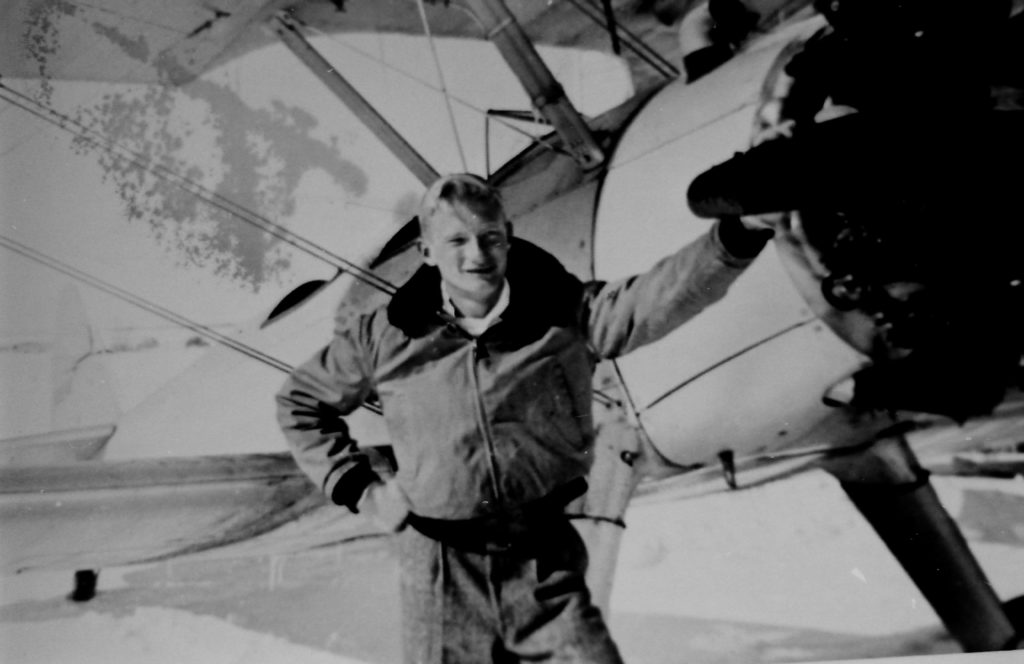
The Christian life is a life lived to the fullest. This is my Father’s world, and so, I’ve had many adventures. Each year since I became a Christian, I’ve tried to learn something new and exciting. I began sailing at fourteen, and that was followed by soaring, spelunking, backpacking, mountain climbing, skiing (downhill and cross-country), fly-fishing, scuba diving, and many more adventures.
Sometimes, the hobby will become an obsession, but then, there are years I would just as soon forget. (The year I learned to golf comes to mind.) But one hobby I dearly love is scuba diving. I was so enthusiastic about the undersea world that my dad decided to learn to dive while he was living in Florida. When he came to visit me in California, he wanted to go diving in one of the great kelp forests he had heard me talking about.
I was a bit nervous about taking him there. Yes, they are magnificent. You feel like a giant bird soaring through a magical forest. The rays of sunlight pour down through the leaves, and strange creatures swim all around you. But it can quickly become a nightmare if you become tangled or panic. Dad was used to the warm waters of Florida, but this was the Pacific, and the water was so cold that you needed to wrap yourself in a thick wet suit. Some people become claustrophobic. There were a thousand things for me to worry about as Dad and I waded through the surf and swam out to his first kelp bed. I kept a close eye on him as we submerged.
It was everything I had hoped for! What an incredible day, but then, I noticed a stream of bubbles flowing uncontrollably from Dad’s regulator. Something was wrong! What was the matter? Urgently, I beat my knife on my scuba tank to get his attention and signaled “surface.”
“Dad! What’s wrong? Your regulator was running out of control!”
He pulled up his mask and took the regulator out of his mouth. He was grinning from ear to ear. “It’s just like you said, son. God did such a great job that I just couldn’t help but sing!” The bubbles were the chorus of Dad’s hymn to the Creator.
Great is the LORD, and greatly to be praised, and his greatness is unsearchable.
One generation shall commend your works to another, and shall declare your mighty acts.
On the glorious splendor of your majesty,
and on your wondrous works, I will meditate.
They shall speak of the might of your awesome deeds, and I will declare your greatness.
They shall pour forth the fame of your abundant goodness and shall sing aloud of your righteousness.
Psalm 145:3-7

from my book, Changing Tacks: Lessons I’ve Learned from an Old Wooden Boat




